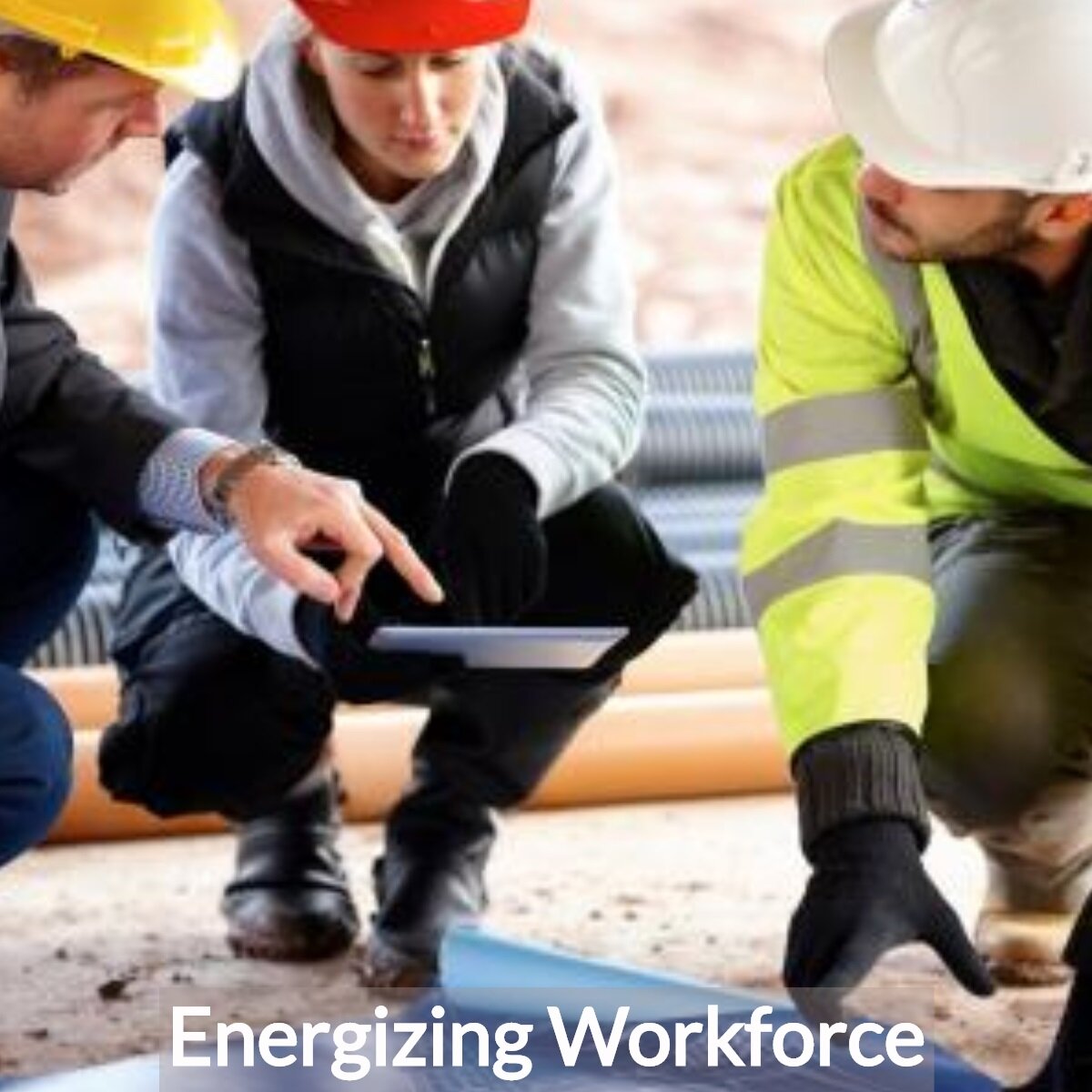One of the many benefits of being a member of the ACEEE Inclusive Workforce Development Group is being able to hear from other organizations throughout the country that are working tirelessly solve the issues that exist in our field. From thriving workforce endeavors to conversations about how to create a successful program, equity in the clean energy workforce is the primary goal for all. Being introduced into this network allowed me to access resources that promote inclusion in the clean energy workforce that we desperately need.
While we strive to include ALL people, the population that we are focusing on for this edition of ETW is returning citizens. We have written and researched this targeted group a handful of times and find that the opportunity is more and more prevalent as time passes. “Best Practices in Green Re-Entry Strategies” was a report created by Dream Corps, Green For All program back in 2011. It has since been updated but the foundational points explained in this piece, are the guiding factors that will never lose value.
“A critical starting point for practitioners is to understand trends around growing green industries, workforce needs, and laws that may limit the types of jobs individuals with a criminal record can legally perform.”
Practitioners, in our case clean energy employers, need to be properly educated on the barriers and circumstances that exist for an individual that has a criminal record. Most of us are aware that sustainability, clean energy, and green careers are growing at rates that are hard to keep track of, but if people hiring for these roles do not understand the limitations for those with a criminal record- then they will continue to be left behind. Hundreds of green career pathways exist, but having a strategy that funnels various groups into these positions (including returning citizens) is the key to change.
While I do highly recommend that people read this report and its entirety, there are some key factors that outline how green careers can be promoted during and after incarceration. The first phase addressed in this report covers “Training Opportunities DURING Incarceration.” When describing the connection between green jobs and incarceration, the conversation often begins after incarceration, but this report approaches the connection differently- by highlighting the importance of training during. “Reentry organizations, in close partnership with corrections officials, can develop basic education, along with hard (vocational) skill and soft (life and job readiness) skill training programs. Such programs can begin to address possible barriers to employment while the participant is still incarcerated.” Many career paths in clean energy require technical skills but capitalizing on the opportunity to enhance soft skills can be equally as important for returning citizens.
The next phase described in the report “Transitional Jobs: Immediate Work and Income Upon Release,” can be the most integral time for returning citizens. Upon release, the most important task that someone must complete is finding a job that supports their future livelihood. Having jobs that offer vocational or trade certifications can be a massive step in this phase. Providing employment to previously incarcerated individuals while enhancing the opportunity (with additional certifications) will support the lives of others and our industry.
The “Best Practices in Green Reentry” report provides additional phases for improvement from Industry Certifications to Soft Skills to Retention Services. More importantly, real life success stories that have implemented the phases above throughout the country. It is difficult enough, especially in the year 2021, to find a career opportunity while coming out of a global pandemic, but it is even more challenging with a criminal record. “In any given three-month period, only slightly more than a third of the formerly incarcerated are actually employed.” Meaningful careers and job opportunities elevate purpose and that is exactly what we can do for returning citizens.

